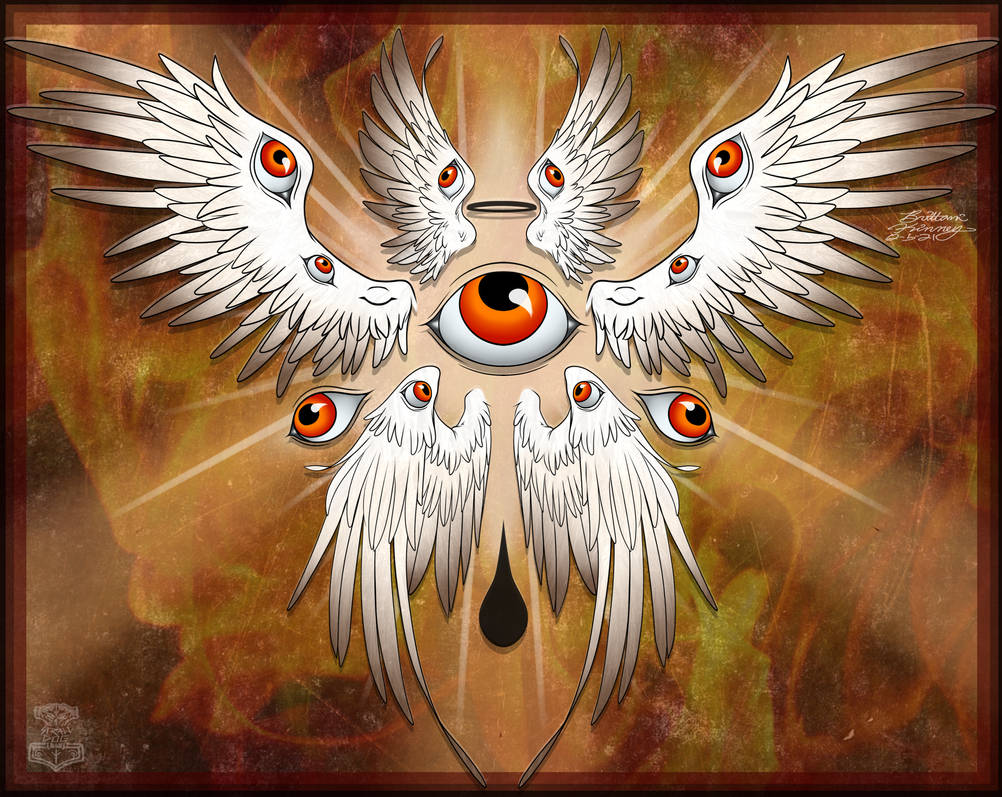Crops can blight, animals can get diseases. I don’t know much about hydroponics but I know that bacteria are a concern. What food source is the most reliable, the least likely to produce less food than expected?
The things that cause famines are lack of diversity.
Diversity of food sources.
This is the right response, along with proper crop rotation. No magic single correct answer here will work.
Not to be contrary, but… Soylent Green would fit the bill.
I know you’re not really being serious, but it doesn’t really. I considered the logistics of this for an RP I was running and it doesn’t add up. You need way way way way more food to grow a human being than the human being provides in food when they’re dead. At most, being very very generous, you could meet 1% of a society’s food needs with cannibalism. And that’s a really high estimate. It’s really more of a special treat than a daily diet!
/unexpected futurama
Pretty sure that’s actually just a reference to the film Soylent Green…
They’re making our food out of people, next thing they’ll be breeding us like cattle! for food!
But what happens when covid kills 75% of your long pig stock? Thousands will starve, millions will die!
I think the answer is potatoes. Other root vegetables might be equally reliable.
the answer is potatoes
Aha! Poland will survive in the post-apocalyptic world.
Not what I heard from an Irishman…
But jokes in poor taste aside, yeah. I’d have to agree. A lot of grains can also do really well, but potatoes are hearty, have a lot of what you need to live, and require no attraction work to make into food after you dig them out of the ground. Onions would also be high on the list, but aren’t as viable for keeping you alive as long when eating them, nutritionally.
Kinda hard to have a stable food system when an imperial power is stealing most of your food in a rather genocidal fashion!
To answer your question. When Agriculture was first “discovered” by humans ~20,000 years ago, the most stable production method was diversification. You should have a variety of crops with overlapping growing seasons and overlapping macro nutrients. For even more security, introduce animal husbandry that can graze on your fallow land and if you have enough land make sure to have multiple distinct herds that never interact with each other except for breeding every few years.
Additionally ensure your food production isn’t dependent on a single harvest season, nor a single climate. Have fruits/legumes/etc other lower yield crops that can be substituted in case your primary grains are hit with blight, or some other environmental factor.
Now let’s introduce some technology. Create several fast growing monocultures that allows you to get multiple harvests in a season that can be used for animal feed, storage and supplementing any deficiencies in the primary human food supply.
tl;dr. Make sure you have multiple methods of food production that are all viable at different times of the year. Ensure that the failure of any one or two of them isn’t a problem for overall yearly production, and ensure that they are independent on each other.






